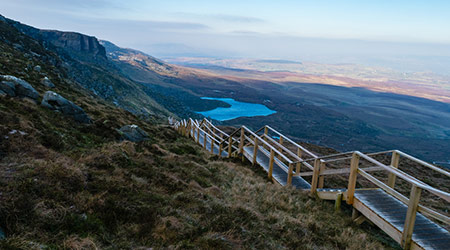
The soil in question is reputed to have healing properties
January 16, 2019
Topic Area: Infection Control
 The High Cost of Healthcare Violence
The High Cost of Healthcare ViolenceAs workplace violence increases, healthcare facilities face mounting financial and operational disruptions- prompting legislative action.
 EVS Teams Can Improve Patient Experience in Emergency Departments
EVS Teams Can Improve Patient Experience in Emergency DepartmentsA report confirmed that cleanliness of the ED was the third most impactful element on patient experience surveys.
 East Tennessee Children's Hospital to Become Dolly Parton Children's Hospital
East Tennessee Children's Hospital to Become Dolly Parton Children's HospitalIt marks a collaboration designed to elevate children's healthcare across East Tennessee.
 The Future of the Global Hospital Hygiene Market
The Future of the Global Hospital Hygiene MarketA market study details the current state of the global hygiene market and the factors that are expected to make a big difference in the next decade.
 Rethinking Fire Safety Inspections
Rethinking Fire Safety InspectionsDigital tools bridge the gap between growing facility complexity and workforce limitations, allowing teams to maintain the highest safety standards.